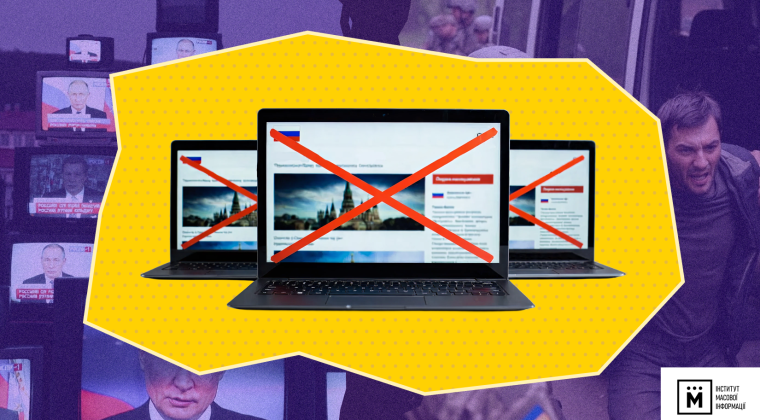Gender balance in mass media will complicate the work of journalists: 41% of media professionals questioned by IMI said it. Another hindrance is the fact there is no sufficiently women experts (this opinion is shared by 24% of Ukrainian surveyed journalists). Only 3% of IMI media professionals surveyed said that they considered women to be less qualified than men and that’s why they did not ask them to comment on**.
These are the results of an anonymous targeted survey of media pprofessionals, which was conducted by the NGO The “Institute of Mass Information” on February 15-24, 2021 *.
On average, 48% of journalists surveyed said that gender balance in mass media was absolutely important, and another 40% said that it was important only in some cases. Only 9% of IMI media professionals surveyed said against gender balance in mass media . At the same time, journalists from Kyiv and the region were the most supportive of the gender balance (56% believe that the media should adhere to it). And the journalists from the central and eastern regions of Ukraine found gender balance to be the least important thing (39% support this idea) **.
78% of journalists who do not abide by the balance of men and women in their stories argued that specialists were important to them, not the gender. Another 7% said they did not see any problem, because the media reliably reflected the picture with balance existing in the society. 5% of media respondents who did not follow the balance believed that women and men had their roles and that gender was “artificially imposed to us by the Western countries”. Interestingly, 2% of media professionals said that there was a disguised matriarchy in Ukraine, so there was no need to follow the gender balance in mass media **.
When asked what would motivate you to respect the gender balance of experts and heroes in your materials, 37% of media professionals said that it needed support of the state for gender policy at the national level and the example of high-ranking officials. In second place they placed the requirements/ support of the media management (23%). And in third place, they said, if it would be a trend for the media community (22%). At the same time, 21% of media professionals said that nothing motivated them to respect gender balance in their materials. And another 15% of media professionals said they lacked information on gender balance to understand why they needed to comply with **.
Regarding the gender policies of newsrooms, 33% of media surveyed professionals said that their newsrooms had such policies. Another 25% of respondents indicated that they would like such a policy to be introduced in their media. On average, 14% of media professionals said that their newsrooms did not need gender policies. Interestingly, Kyiv media journalists were the most opposed to gender policies in newsrooms (33%). At the same time, journalists from the southern regions were the most loyal to the introduction of gender policies (42%).
When asked about the use of feminine gender specific job titles, 63% of the interviewed journalists said that they constantly used them in their materials. Another 15% said that their editorial offices did not have strict requirements in this regard and whoever wanted to, so he wrote. 12% of journalists surveyed said that not all professions could be said with femine suffixes. Only 4% of Ukrainian journalists surveyed by IMI said that they did not use feminine specific job titles in their materials at all.
* The survey was conducted using an anonymous online survey using an interactive structured questionnaire, a link to which was sent to potential respondents – journalists and editors. A total of 251 responses were received from the media. 88% are respondents from all regions of Ukraine, 12% were from the city of Kyiv. 73% were women, 26% were men and 1% claimed to be of other sex. The study was conducted during February 15-24, 2021.
** The sum of answers is not equal to 100%, because respondents could choose several answers.
This study was made possible by the support of the American people through the USAID Media Program in Ukraine, implemented by the international organization Internews Network. The contents are the sole responsibility of the Institute for Mass Information and do not necessarily reflect the views of USAID, the US Government or the Internews Network.



